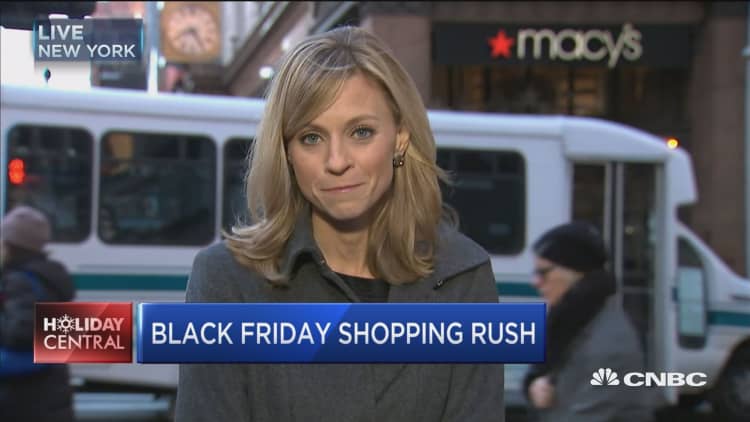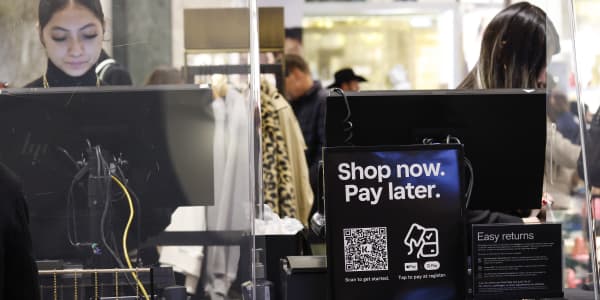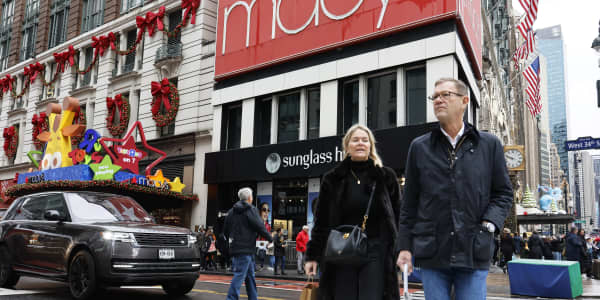Black Friday, the unofficial kickoff to holiday shopping, has been both beaten down and hyped up over the past several years. But the true value of the annual sales event lies somewhere in between.
Despite falling the day after Thanksgiving, retailers' Black Friday deals have been trickling out all month — including Amazon's 35-day extravaganza that began last week. Many bricks-and-mortar players are sticking with Thanksgiving Day doorbuster deals, including Macy's hour-earlier opening time.
They're also extending deals later in the season, like Target's extra week of free shipping. And as more shoppers make their purchases on the web, Black Friday is going digital this year, with companies like Kohl's launching the day's deals on their sites for the first time.
Generally, retailers were offering discounts that were lower heading into the sales event, as they entered into the holiday season with less inventory than in 2015. That year, a bout of unseasonably warm weather left them saddled with extra merchandise that they had to clear through before Black Friday began.
While all these antics before and after Black Friday build buzz about the annual sales event, they also spread sales out to other days — and take a bite out of its foot traffic. Yet for all the talk about how meaningless the day has become, it's still seen continuing its reign as the busiest day of the season, according to ShopperTrak.

Of the estimated 137.4 million people who plan to shop over the holiday weekend, nearly three-fourths plan to do so on Black Friday, the National Retail Federation found in its annual consumer survey. That compares with 21 percent on Thanksgiving Day, and 47 percent on Small Business Saturday.
"Most people in America started their holiday shopping a few weeks ago. But, consumers and retailers are still holding out for some things on Black Friday and Cyber Monday," Ellen Davis, the NRF's senior vice president of research, told CNBC.
Yet as more shoppers look for deals online, it's becoming harder to use Black Friday as a gauge for the season's strength. Indeed, Adobe Digital Insights predicts online sales will rise 11.3 percent that day, to $3.05 billion. That makes it second in size only to Cyber Monday.
Black Friday also takes on varying importance depending on the retailer. Whereas department stores and specialty shops like Best Buy and Toys R Us use doorbuster deals to grab their fair share of consumers' spending, companies like Lululemon sit out the discount game. As a result, it's less crucial to their holiday results.
Some retailers and property owners have elected to close their doors on Thanksgiving Day, which could bring some of the excitement back to Black Friday.
Jefferies analyst Daniel Binder wrote in a research note that one of the takeaways from this year's Black Friday is that it signaled "a ceasefire in the Black Friday 'arms race' to open earlier."
Yet no matter the result, one thing's for sure — Black Friday isn't what it used to be.





